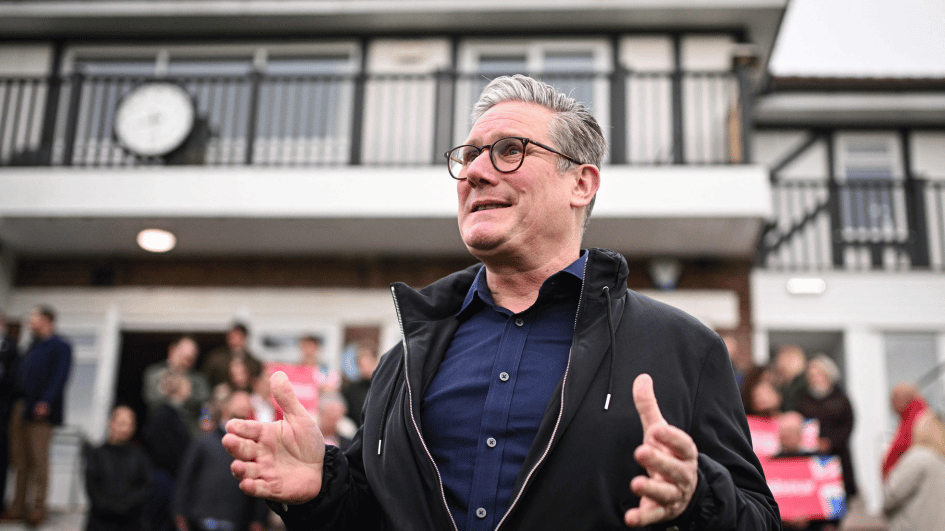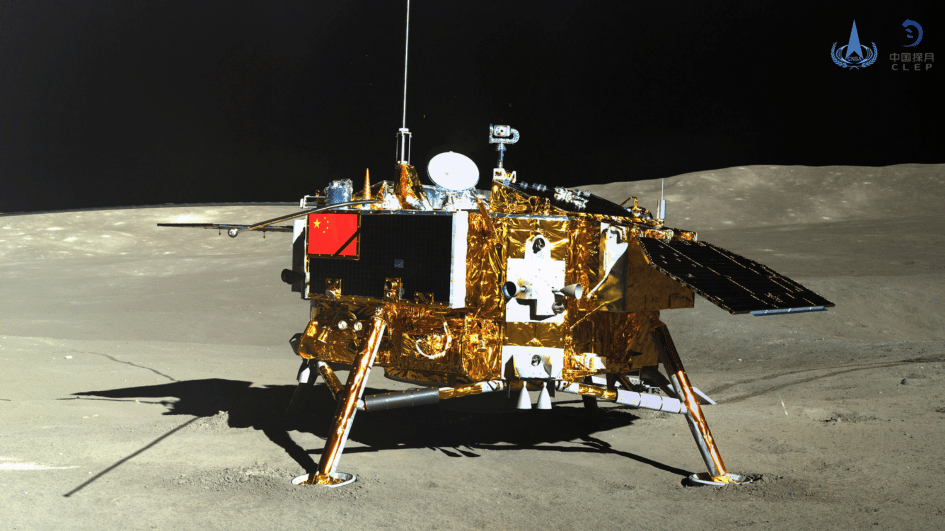The troubles of a very immature democracy
It is sad these days to see that many officials and supporters of the governing AKP (Justice and Development Party) sound like the Kemalist establishment that they overthrew.
They, for example, believe that mass demonstrations against their government are orchestrated by “foreign powers” who have evil intentions toward Turkey. Some headlines report about the “spies” caught among the demonstrators, supposedly proving the “international conspiracy.” Even the fact that the Western media has shown a great interest in the events is seen as a proof of this paranoia. (The shameful fact that most Turkish TV channels failed to show the necessary interest perhaps creates a distorted perception of “the normal.”)
Kemalists were really like this, too. They would believe all of Turkey’s troubles were created by foreign imperialists and their domestic collaborators. Islamists and veiled women, they would think, were raised and financed by Saudi Arabia. Kurdish separatists, they thought, were created ex nihilo by America, Europe or Israel.
In other words, while political elites have changed in Turkey in the past decade, some troubling aspects of political culture have remained the same, only to be internalized by the new elites.
Especially the very first rule of all Ankara masters remains unchanged: You always have to blame somebody else, and never look at yourself with criticism, let alone doubt.
To be fair, there are more reasonable minds within the AKP as well. In the past week, several prominent members of the ruling party have talked about “getting the message” of the protestors and having some “self-criticism.” However, there is little trace of this sort of thinking in the all-defiant rhetoric of Prime Minister Tayyip Erdoğan.
Again to be fair, one must note that not all of the protestors out in the streets are helping the situation. Most of them have been commendably peaceful, but the militants among them have engaged in excessive vandalism which makes the AKP side less willing to listen. They burnt police cars, tried to storm Erdoğan’s Istanbul office, set an AKP building and a conservative bank on fire, and even harassed some veiled women as “Tayyipists.” Their most popular slogan, that Erdoğan is “a son of a wh...,” and their gross sexual insults directed as Erdoğan’s wife are also not the best methods to make the prime minister hear their voice.
The maximalist (and in my view irrational) demands of the protestors’ representatives who met with the Deputy Prime Minister Bülent Arınç this Wednesday also made matters worse: They demanded a moratorium on not only the demolition of the Gezi Park but also the construction of Istanbul’s third airport, which is promised to be the world’s largest, and many other major projects. This only gave ammunition to pro-government conspiracy theorists who argue that all this turmoil is created by “those who want to block Turkey’s economic progress.”
In short, the political scene in Turkey is the scene of a very immature democracy, where deeply divided social camps think and act in similarly delusional, paranoid and arrogant minds. Consensus is almost impossible to build, as confrontation is praised by fanatics on all sides. It is, in fact, surprising how well we have done so far with a political culture and average intellectual capacity like this.











